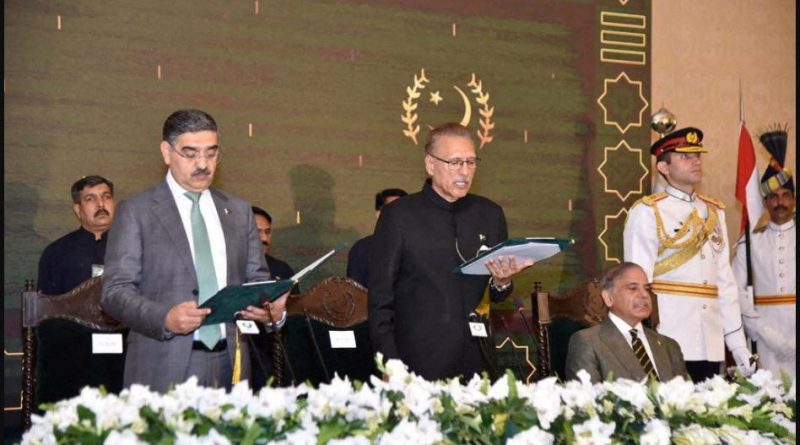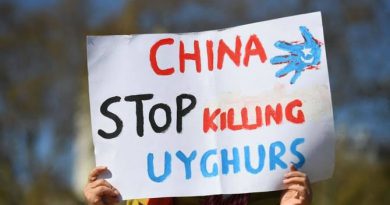Little-known Kakar sworn in as Pakistan’s PM to oversee elections
Karachi (Reuters) – Anwaar-ul-Haq Kakar, a little-known politician who is believed to be close to the military, was sworn in as Pakistan’s caretaker prime minister on Monday to oversee national elections as the country navigates political and economic crises.
Kakar, from the southwestern province of Balochistan, will name a cabinet and head a government until a new administration is elected. He was sworn in by President Arif Alvi on Monday in a ceremony at the Presidency.
He resigned as a member of senate and from his party on Sunday. He was part of the Balochistan Awami Party, which is widely considered to be close to the country’s powerful military.
“Owing to the fundamental responsibility conferred upon me as the caretaker prime minister, I have decided to surrender my membership of the Balochistan Awami Party (BAP) and relinquish my Senate position. Prayers requested from everyone,” Kakar, 52, said on Sunday.
The military continues to have a huge role behind the scenes in Pakistan. It has ruled the country directly for more than three decades of its 76-year existence, and wields significant power in politics.
Political analysts say that if the caretaker set-up stretches beyond its constitutional tenure, a prolonged period without an elected government would allow the military to consolidate control.
Under Pakistan’s constitution, a neutral caretaker government oversees national elections, which must be held within 90 days of the dissolution of the parliament’s lower house – which in this case means early November.
However, the ballot may be delayed as the Election Commission has to draw new boundaries for hundreds of federal and provincial constituencies and, based on that, it will give an election date.
Outgoing opposition leader Raja Riaz told broadcaster Geo News that he believed elections would take place in February next year and not as scheduled before November.
The choice of caretaker prime minister has assumed greater importance because the candidate will have extra powers to make policy decisions on economic matters.
Economic stabilisation is the top challenge with the $350 billion economy on a narrow recovery path after an ongoing $3 billion International Monetary Fund bailout averted a sovereign debt default. Economic reforms have already fueled historic inflation and interest rates.
Political uncertainty is also a factor after the jailing of former prime minister Imran Khan and his ban from standing in the election. His continued detention will raise questions about the credibility of the election.


